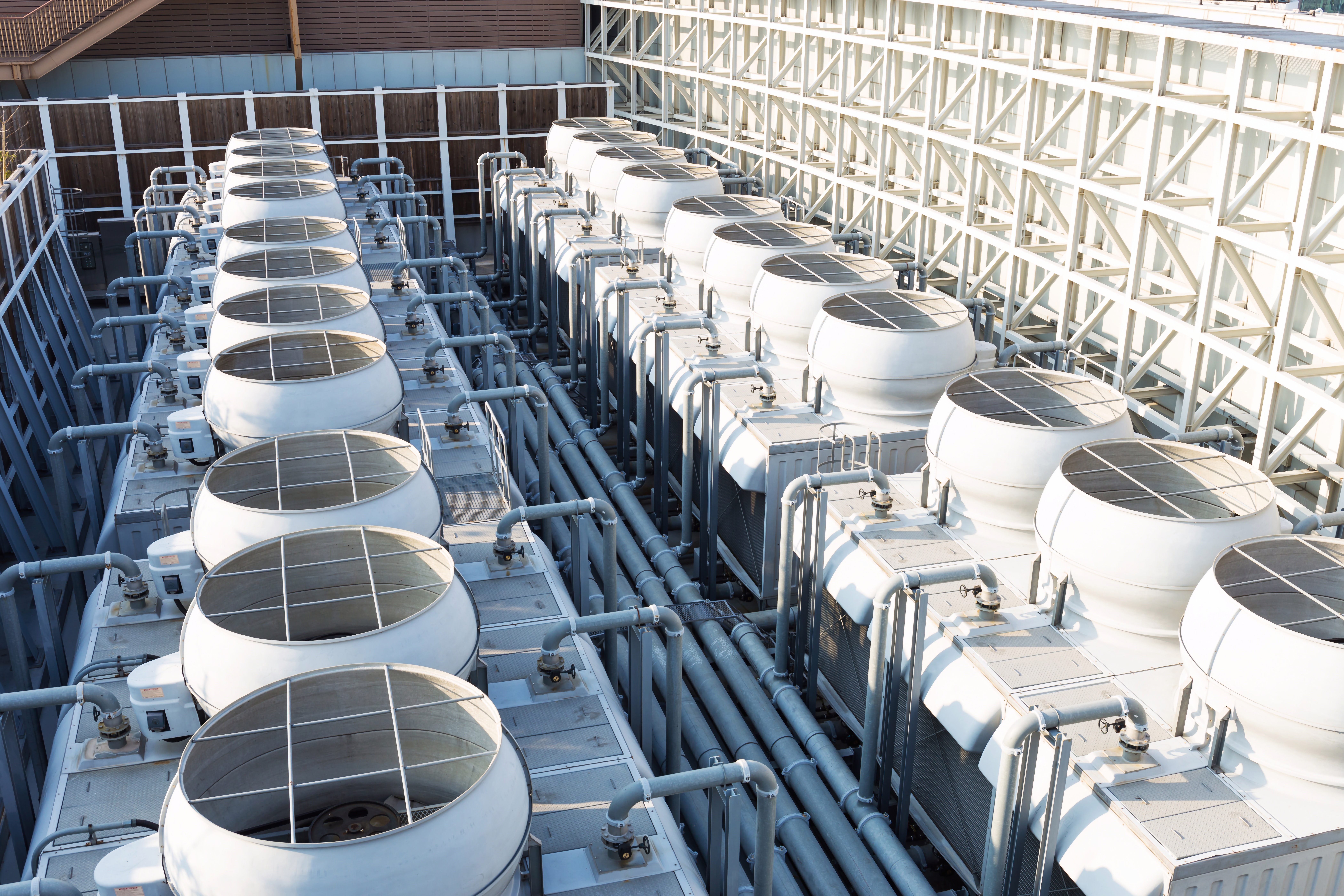In the evolving landscape of the energy market, sustainability and efficiency have become paramount. Thermia B, a standout in the realm of heat pump technology, offers a compelling solution to both homeowners and businesses seeking to reduce their carbon footprint while enhancing energy efficiency.
This guide is tailored to assist distributors, retailers, and individual sellers in effectively marketing and selling Thermia B heat pumps, optimizing returns while contributing to a greener future.
Understanding the Thermia B Advantage
Before diving into sales strategies, it’s crucial to understand what sets Thermia B apart. Manufactured by Thermia, a company with a rich history of innovation in heat pump technology, Thermia B heat pumps are designed for optimal performance in various climatic conditions. They offer significant energy savings, a reduced carbon footprint, and superior reliability, making them an attractive choice for those looking to invest in sustainable heating and cooling solutions.
Target Market Identification
Identifying the right target market is the first step in crafting effective sales strategies. Thermia B heat pumps are versatile, catering to a wide range of applications including residential properties, commercial buildings, and industrial settings. The key is to focus on consumers and businesses that prioritize energy efficiency, long-term cost savings, and environmental responsibility.
Key Selling Points
To sell Thermia B effectively, highlight its unique selling points:
- Energy Efficiency: Emphasize the high efficiency of Thermia B heat pumps, which can significantly reduce energy bills and offer long-term savings.
- Sustainability: Focus on the environmental benefits, showcasing how switching to Thermia B can reduce carbon emissions and contribute to a greener planet.
- Durability and Reliability: Stress the robust design and reliability of Thermia B, ensuring customers of a long-lasting solution with minimal maintenance.
- Advanced Technology: Highlight the cutting-edge technology that allows for smart integration with home and building management systems for enhanced comfort and convenience.
- Financial Incentives: Inform potential buyers about any available government incentives, rebates, or financing options that can offset the initial investment cost.
Marketing Strategies
Effective marketing is key to reaching potential buyers and driving sales. Utilize a multi-channel approach for the best results:
- Digital Marketing: Leverage social media, email campaigns, and search engine optimization (SEO) to reach a broader audience. Content should be informative, focusing on the benefits and applications of Thermia B heat pumps.
- Educational Content: Create blog posts, videos, and webinars that educate your audience on the importance of energy efficiency and how Thermia B fits into sustainable living practices.
- Partnerships: Collaborate with builders, architects, and energy consultants who can recommend Thermia B heat pumps to their clients.
- Testimonials and Case Studies: Share success stories and testimonials from satisfied customers to build trust and credibility.
Sales Strategies
Once you’ve captured the interest of potential buyers, employ effective sales strategies to close the deal:
- Consultative Selling: Adopt a consultative approach, understanding the specific needs of each customer, and tailor your pitch to highlight how Thermia B addresses those needs.
- Demonstrations and Trials: Offer demonstrations or trial installations to showcase the effectiveness and ease of use of Thermia B heat pumps.
- Training and Support: Provide comprehensive training and support to both installers and end-users, ensuring they are confident in using and maintaining the heat pump system.
- Follow-up: Maintain regular follow-up with customers to address any concerns and ensure their satisfaction, fostering long-term relationships and potential referrals.
Overcoming Objections
Be prepared to address common objections, such as the initial cost of installation and concerns about compatibility with existing systems:
- Cost-Benefit Analysis: Present a detailed cost-benefit analysis that illustrates the long-term savings and return on investment.
- Compatibility Solutions: Explain how Thermia B heat pumps can be integrated with existing heating and cooling systems, or offer solutions for any potential compatibility issues.
- Flexible Financing: Highlight flexible financing options or rental schemes that can make the initial investment more manageable.

